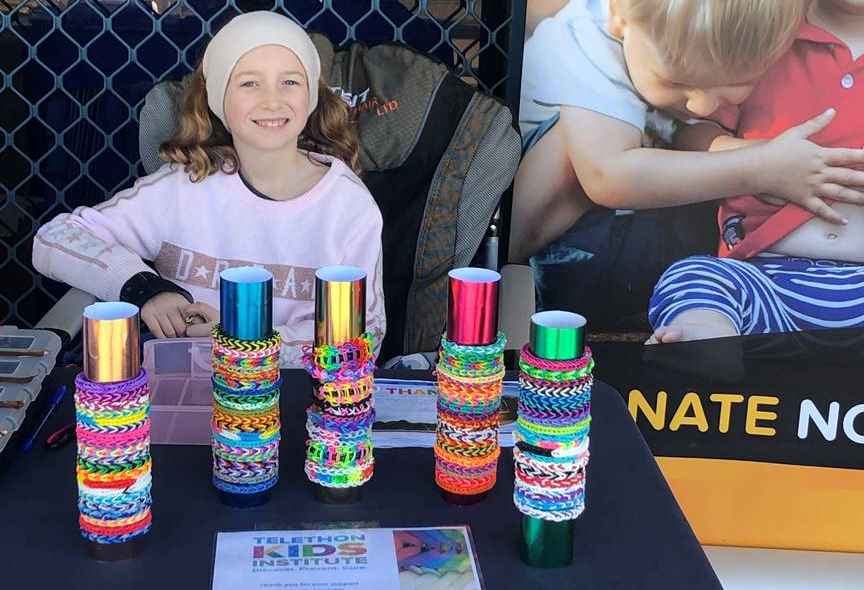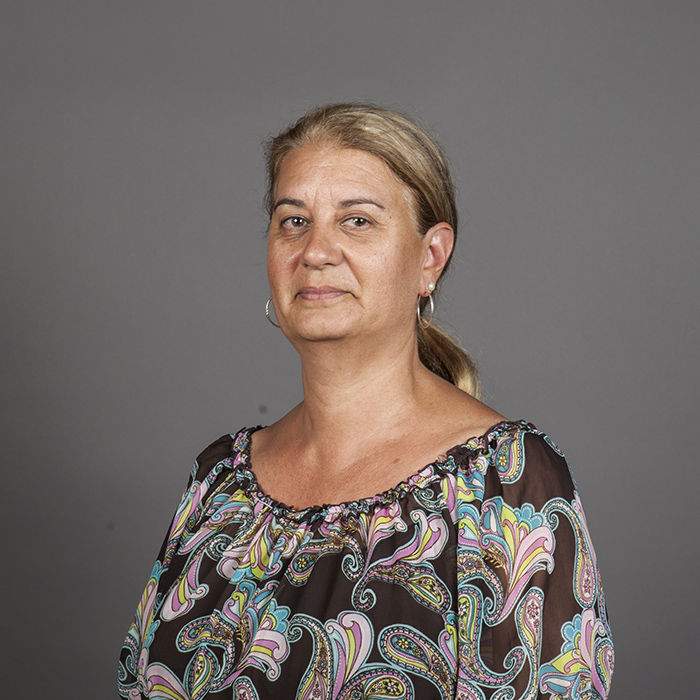Search
Read about the Research Focus Area Leads at the Children's Diabetes Centre.
Many of the Centre's researchers have been responsible for discovering and contributing to real game-changers, making a difference to children with diabetes.

News & Events
Nine-year-old Beau cuts his curls to fight cancerMeet Beau Jones. Beau is nine-years-old and lives in Eaton where he likes playing basketball and hanging out with his brothers. He’s also passionate about standing up to cancer!

News & Events
Some heroes wear capes. Some heroes wear lab coats. And some heroes wear school uniforms, just like you!Ten-year-old Isabelle decided to make and sell loom band bracelets to raise money for The Kids Research Institute Australia.

Get some key information about some of the most popular questions that people are asking about the Discovery Centre.

The END RHD CRE focuses priority research projects that will help achieve the singular target of producing the Endgame Strategy.

News & Events
Carol's story: losing a parent to RHDAfter being diagnosed with rheumatic heart disease at ten, Elizabeth had to leave country and her family for a large chunk of her childhood so she could be treated in Adelaide.

Time to reflect After your leadership team has completed an activity it is important to take time to reflect on how it went and things you may have

Cybersafe practices are precautions we can take to make sure our interactions online are safe and positive. Download the "My Online Status" in the

The Health Promotion and Education Research Team at The Kids Research Institute Australia received funding from the auDA Foundation to develop this
